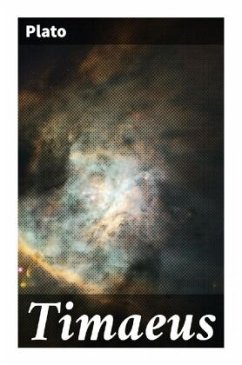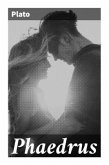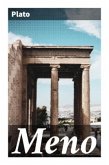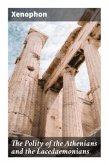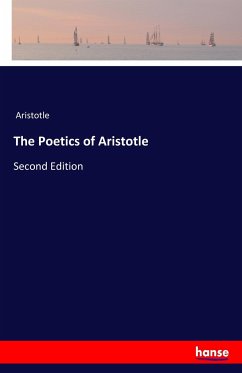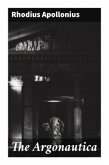In "Timaeus," Plato presents a profound exploration of the cosmos, intertwining philosophy, science, and metaphysics. Through a Socratic dialogue primarily featuring Timaeus, Critias, and Socrates, the work delves into the nature of the universe, positing that the material world is a product of divine intelligence. Plato employs a unique literary style that marries dialogue with intricate philosophical argumentation, reflecting the intellectual milieu of 4th century BCE Athens, where the interplay of science and philosophy was pivotal in shaping Western thought. Central themes include the creation of the universe, the nature of the soul, and the dichotomy between the sensory world and the world of forms, making "Timaeus" a critical text in Platonic philosophy and ancient cosmology. Plato, a student of Socrates and a teacher of Aristotle, was profoundly influenced by his philosophical predecessors and the political turmoil of his time, which led him to ponder the ideal state and the nature of reality. His establishment of the Academy and promotion of dialectics laid foundational stones for both philosophy and science. "Timaeus" reflects his deep engagement with cosmological questions and seeks to harmonize rational thought with the pursuit of truth. For readers interested in the genesis of Western philosophy and science, "Timaeus" is indispensable. Its intricate arguments and poetic reflections not only stimulate critical thinking but also invite readers to consider their own understanding of the universe. Engaging with this text is a rewarding journey through Plato's timeless insights and visions, resonating through centuries of philosophical inquiry.
Bitte wählen Sie Ihr Anliegen aus.
Rechnungen
Retourenschein anfordern
Bestellstatus
Storno

